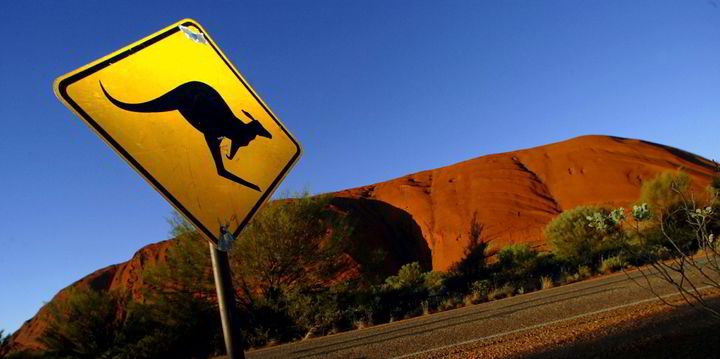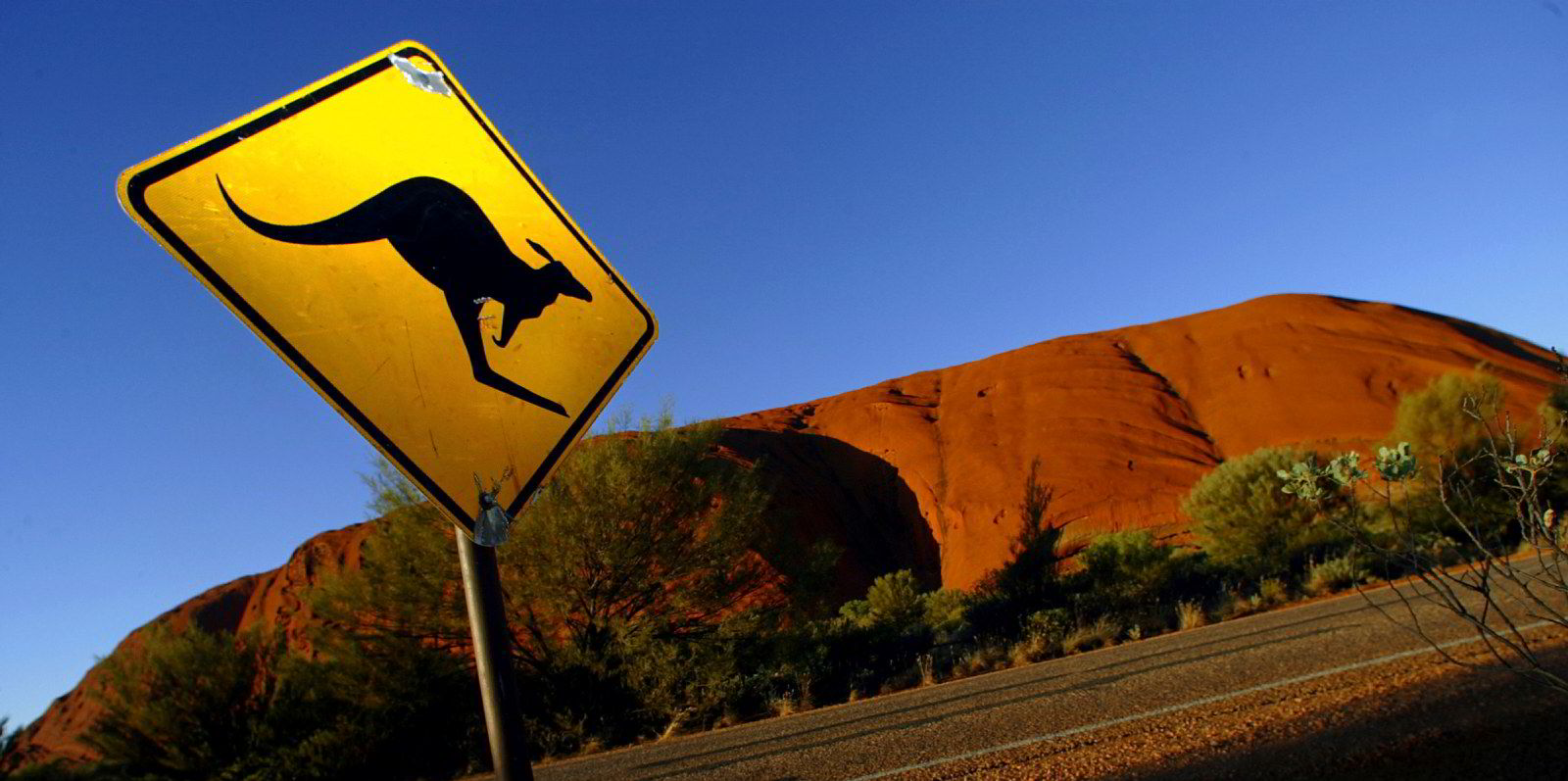Australia’s Northern Territory has reopened the door to exploitation of giant onshore gas resources in the Beetaloo basin — a move welcomed by the petroleum industry but slammed by environmentalists.
The NT government had put the brakes on gas development in the Beetaloo despite five years ago lifting a moratorium on hydraulic fracturing, insisting that industry must first meet all 135 recommendations from the 2018 Pepper inquiry, which found risks could be managed if its recommendations were implemented in full.
NT Chief Minister Natasha Fyles on Wednesday said these recommendations had been met, and operators can now apply for onshore gas production projects, which will be regulated by one of the most robust frameworks the country.
The Beetaloo sub-basin, located 500 kilometres southeast of Darwin, covers 28,000 square kilometres and is estimated to contain 500 trillion cubic feet of gas-in-place resources. Developing this onshore gas will see royalties and taxes flow to the territory rather than to Canberra, Fyles noted.
Boosting energy security
The Australian Petroleum Production and Exploration Association (APPEA) said the green light for developing the Northern Territory’s Beetaloo basin would support thousands of new jobs, deliver millions of dollars investment in regional communities and boost the nation’s east coast energy security.
APPEA added the NT government’s implementation of the 2018 Pepper inquiry recommendations ensured onshore development can proceed safely, protecting the environment and in consultation with stakeholders.
Article continues below the advert
“This is the beginning of a new wave of prosperity for the Northern Territory and Australia, delivering new jobs and substantial economic benefits while strengthening east coast energy security,” said APPEA NT director David Slama.
“Gas is already so crucial to the NT economy — employing 11,000 workers along the supply chain, enabling about A$19 billion (US$12.65 billion) of economic activity annually — and our commitment to working with regional communities will ensure the benefits will continue to be shared.”
APPEA said that research has found development of the Beetaloo, depending on its size, could create up to 6300 jobs, a A$1 billion increase in revenues projected to the NT Government over the next two decades and A$22.4 billion in NT economic growth (measured by gross territory product) by 2040.
Slama added that the industry was a major investor in decarbonisation and renewables, progressing net-zero technologies such as carbon capture and storage and low-carbon hydrogen set to feature at the Middle Arm Sustainable Development Precinct near the territory’s capital Darwin.
“The NT government decision follows the facts and science to get the best outcome for the NT while recognising the important role of gas in a cleaner energy future — backing up renewables, kick-starting low-carbon hydrogen and supporting major industries like manufacturing,” he said.
“Completion of the recommendations was important so development can proceed in a responsible and environmentally safe way in a robust regulatory environment and in collaboration with landholders and Traditional Owners.”
The NT government on Wednesday released the final implementation report of its years’ long scientific investigation that sets out the work performed to fulfil the 138 recommendations made by the Pepper inquiry.
“As a result of this work, there are tough new measures to safeguard the territory’s environment in preparation for an onshore gas industry in the Beetaloo sub-basin,” confirmed the NT government.
“Strict laws for managing water, limiting emissions, public reporting and ongoing monitoring are in place, underpinned by world-leading environmental, social and cultural regional studies.”
Fracking stinks
However, the territory’s approval was deemed a “rotten decision” by the Climate Council.
It condemned the NT government’s decision to proceed with fracking projects, including the “highly controversial” Beetaloo shale gas project that the advocacy group claimed is projected to emit the equivalent of almost three times Australia’s annual domestic emissions over the next two decades.
“The Northern Territory government must have missed the part where the world’s scientists said any new gas or coal would blow our chances of limiting warming to 1.5 Celsius,” said Climate Council head of advocacy, Jennifer Rayner.
“Fracking stinks and the Beetaloo project is a disaster. The Albanese government — which was elected on a platform of strong climate action — should step in to stop it. Doing nothing will put Australia’s climate targets and their own promises to the community out of reach.
“Fracking is horrific for the planet, people, animals and trees. Companies that frack have a shady track record of trampling all over First Nations Peoples’ rights. And it’s incredibly toxic for human health. Frankly, this decision stinks,” said Rayner.
The Climate Council wants all new fossil fuel projects to be put on pause until the federal government can assess them under a stronger, reformed Environmental Protection and Biodiversity Conservation Act (EPBC), which the incumbent government last December pledged to reform.
“The Albanese Government needs to fast track its reform of the EPBC Act, so that these carbon bombs can be properly dealt with by federal law. This work is moving far too slowly when we are in the critical decade for climate action. While we wait, climate wrecking projects are getting waved through at the state and territory level. Every week of delay is putting a safer climate further out of reach,” added Rayner.
Development of the Northern Territory’s shale gas resources stalled after a moratorium was placed on fracking of onshore unconventional reservoirs back in 2016.
This moratorium remained in place for two years while the independent scientific inquiry, led by former judge Rachel Pepper, was carried out to investigate the environmental, social and economic risks and impacts of hydraulic fracturing.

